At least 35 people have been hospitalized in Florida for severe bleeding after smoking synthetic marijuana that they bought from local drug dealers, officials announced.
Florida’s Poison Control Center issued a warning after dozens of patients in Hillsborough County began uncontrollably bleeding after they used the drug, also called “spice.” Officials have not tracked the source of the outbreak, but believe it began some time last week.
The symptoms, which include severe bleeding and bruising, develop suddenly in individuals after smoking the drug and get worse over time. In some cases, it can be deadly.
“They presented with significant clinical effects like blood in their urine, spontaneous bleeding from their nose, easy bruising and pretty sick people out there,” Fred Aleguas, the co-managing director of the Florida Poison Information Center in Tampa, told Fox 13. “I would not be surprised if we end up with some fatalities.”
Spice is an illegal substance in Florida, but is frequently sold on the black market. It’s not clear what exactly is causing the extreme reactions, but compound testing is underway, Fox 13 reported.


The Poison Control Center urged those who are using spice to stop and those who are experiencing symptoms to call the agency or go to the nearest emergency room.
“We are closely monitoring this situation and working with public health agencies. Toxicologists and poison specialists are assisting hospitals in the treatment of these poisoned patients,” Florida Poison Control Centers said in a statement, according to WFLA.


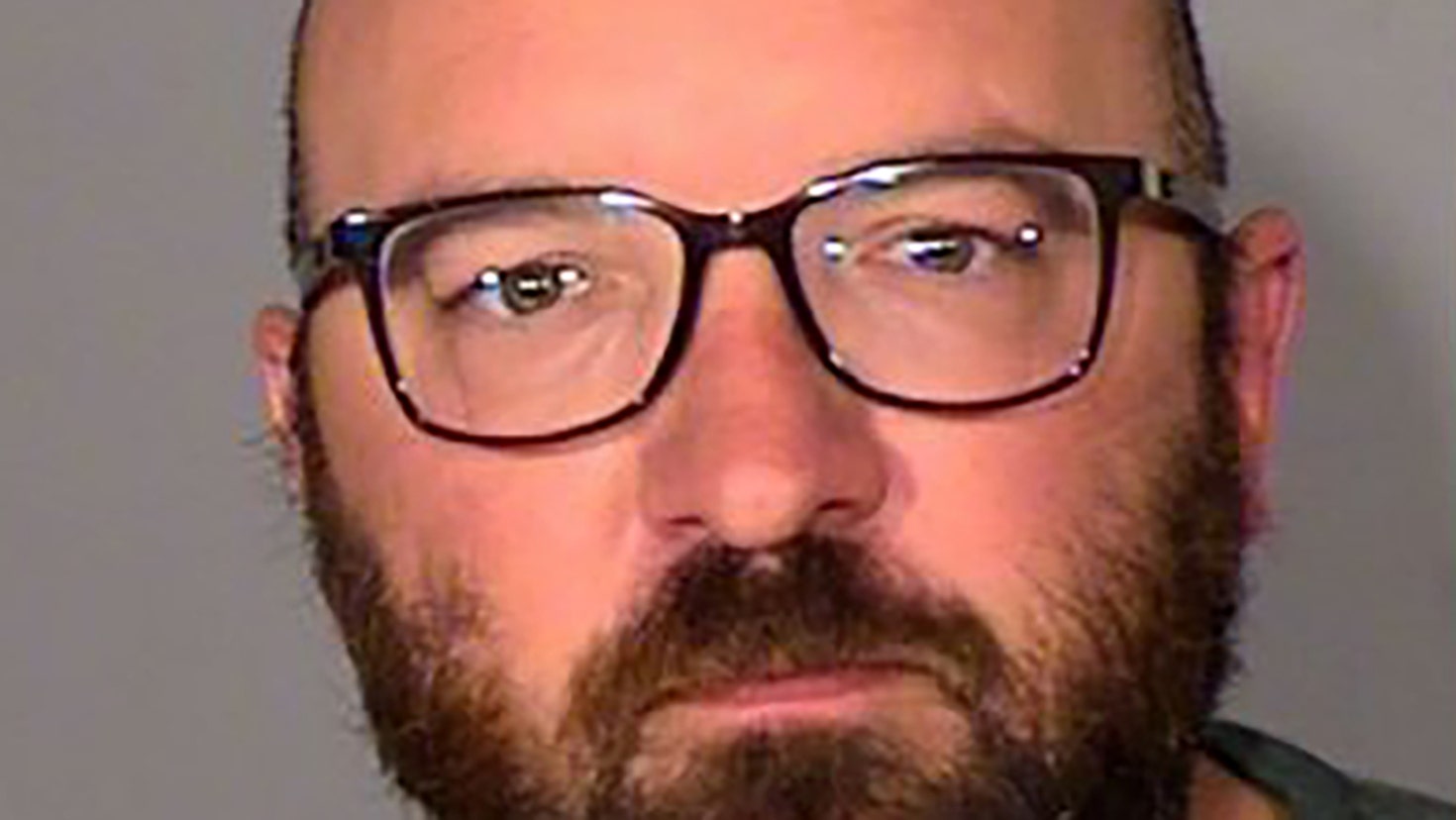

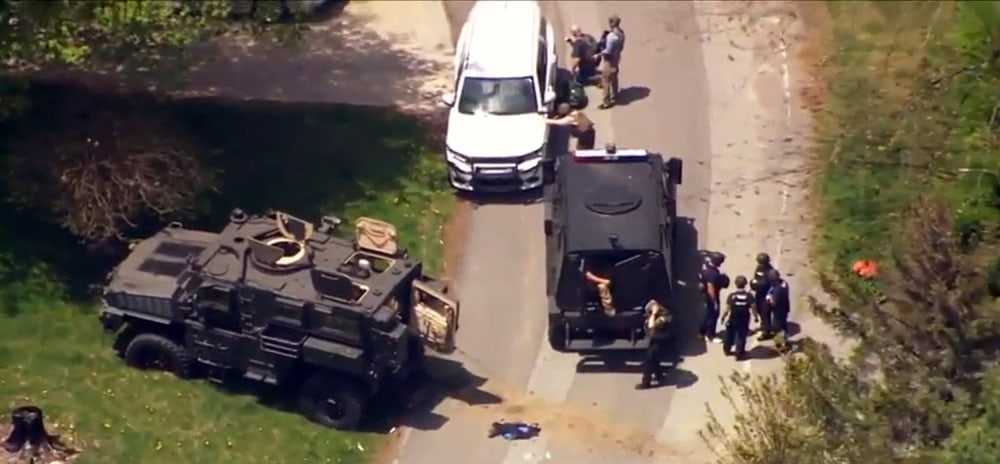
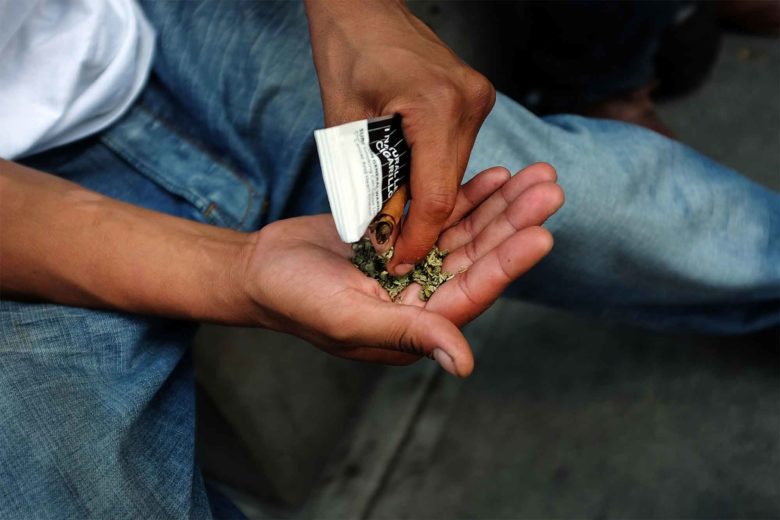
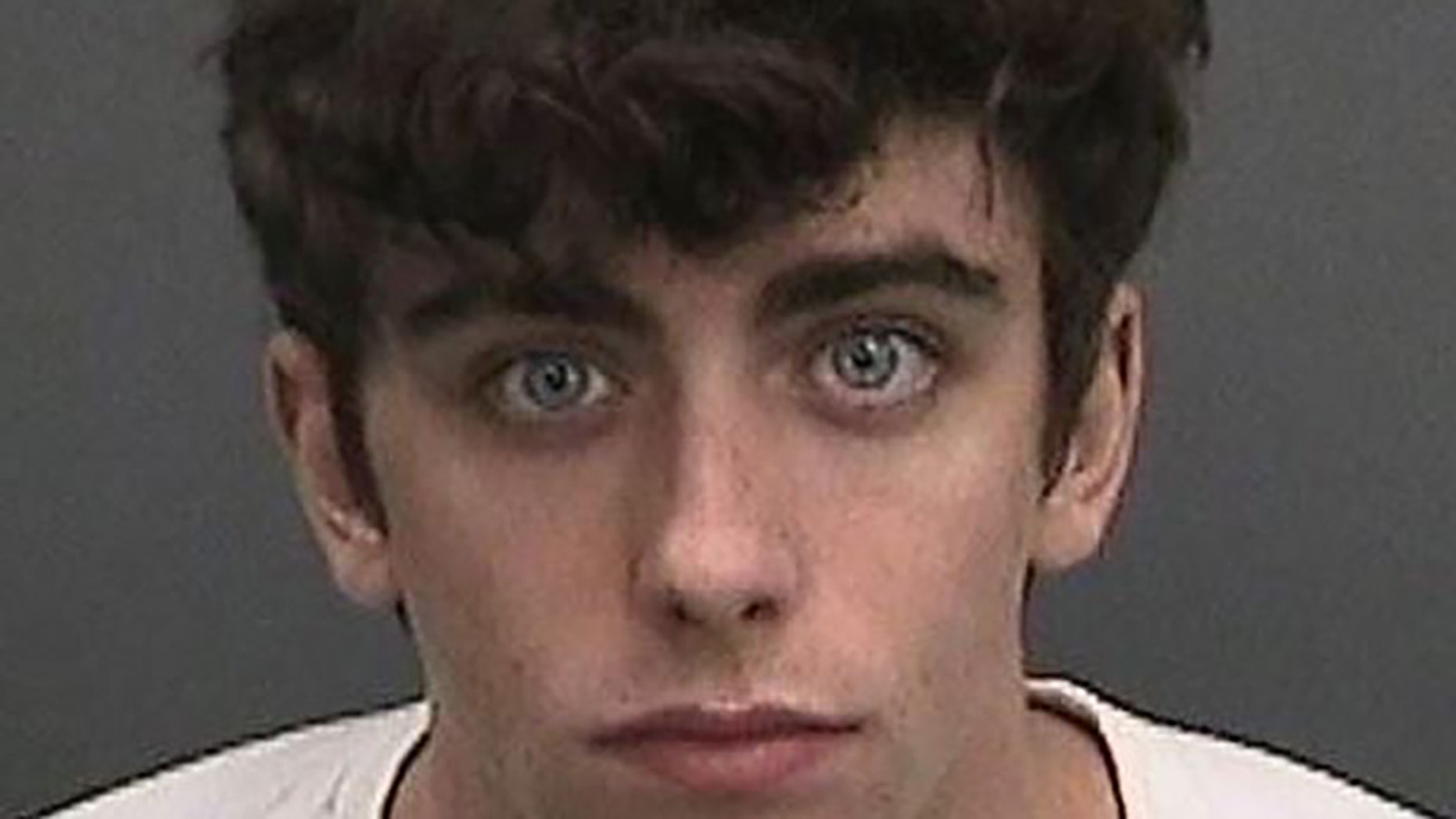


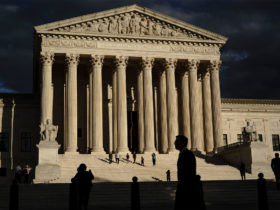

Leave a Reply